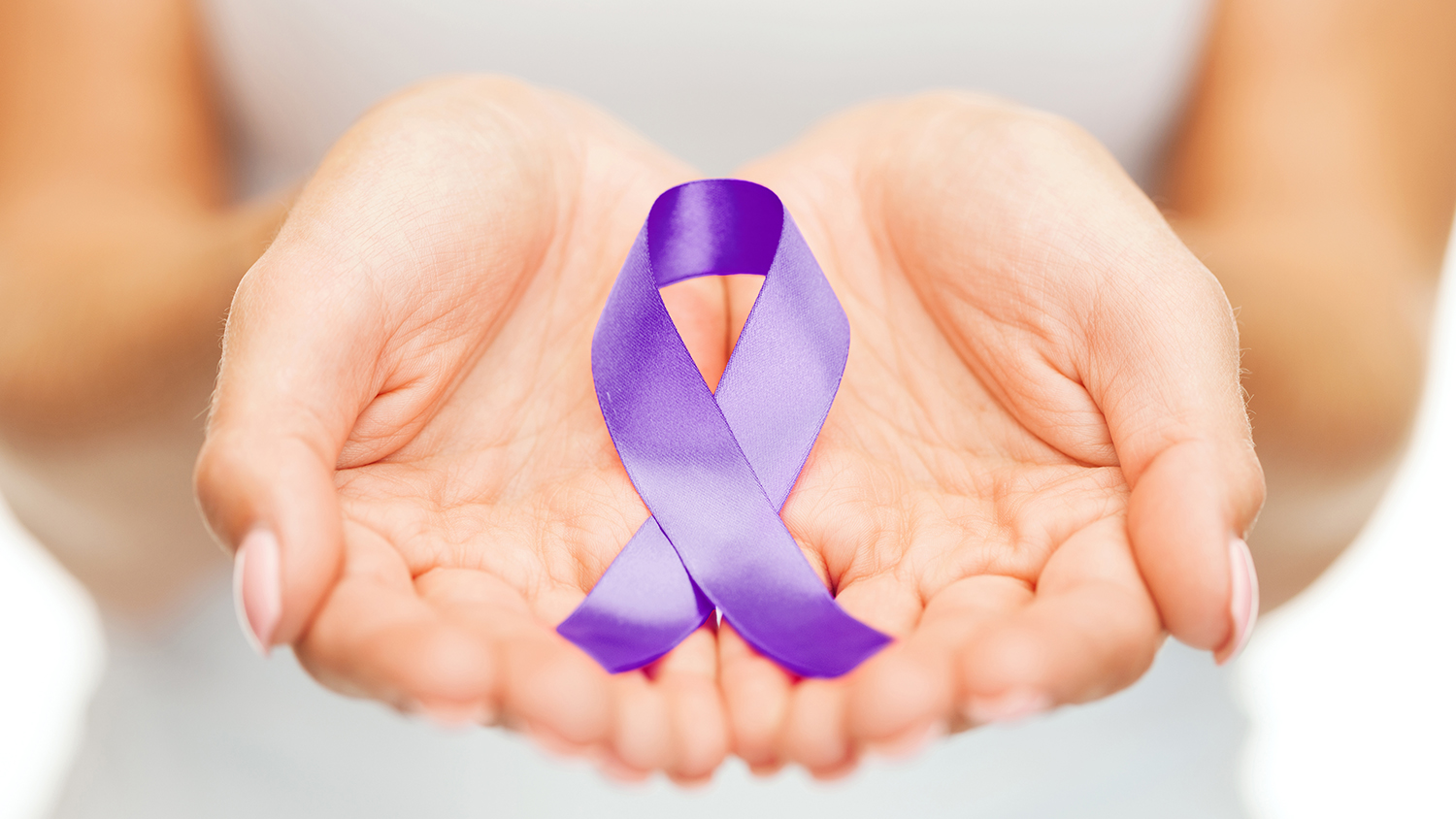Women’s Center Hosts Month of Events in Recognition of Domestic and Dating Violence

Alongside the COVID-19 pandemic and lockdowns, reports of domestic and dating violence have risen sharply across the world, so much so that many advocates and experts are beginning to refer to the violence as a “pandemic within a pandemic.”
Domestic violence, defined by the National Coalition Against Domestic Violence (NCADV), is the willful intimidation, physical assault, battery, sexual assault and/or other abusive behavior as part of a systematic pattern of power and control perpetrated by one intimate partner against another. It includes physical violence, sexual violence, threats and emotional abuse. The frequency and severity of domestic violence can vary dramatically. The NCADV reports that 43% of dating college women reported experiencing violent or abusive behaviors from their partner and on average, nearly 20 people per minute experience physical abuse by an intimate partner in the U.S., equating to more than 10 million people every year.
The Women’s Center will host events throughout October to raise awareness of the prevalence and impact of domestic and dating violence and share resources and strategies to support those who have experienced domestic violence, which can occur in many different forms of abuse including physical, sexual, emotional and economic and is often hidden from public view. It can be difficult for a victim/survivor to leave and can affect anyone regardless of age, gender, sexuality, race, ethnicity, class or ability.
Join us for a variety of DVAM events, including peer-facilitated learning opportunities, educational workshops, activism and healing through art, film screenings, podcasts and/or discussions.
This year, the Women’s Center offers a range of opportunities via Zoom, social media and in person to observe DVAM and spread awareness about support and resources available for the NC State community. These experiences, some of which are listed below, range from specific opportunities for students who identify as survivors or who have experienced IPV to opportunities for students, faculty and staff to learn to be better allies and advocates.
DVAM Events this Month
- Visit the Silent Witness exhibit in the lobby of Talley Student Union. Each life-size silhouette carries a plaque with the story of a person who was murdered as a result of domestic violence. NC State’s Silent Witness Project is modeled after the Silent Witness National Initiative, with the goal to eliminate domestic violence murders in the United States.
- Submit your very own coloring book page for the second edition of the Colors of Healing Coloring Book. Want to spend some time grounding and relaxing in community? Join Relax, Relate, Release: Healing with Purpose on Tuesdays from 10 a.m. – 12 p.m. to color, write and relax. No registration required, just come by!
- Participate in the NC State community vision wall (modeled on Hidden Voices) outside the Women’s Center for the month of October by adding your own response to the prompt, “Imagine a world without sexual violence. What’s different?” Bring your friends, hallmates, student organizations or coworkers to participate.
In addition to month-long opportunities, you can join The Movement peer educators for a variety of workshops to raise awareness, including Healthy Relationships 101 on Oct. 19, IPV in the South Asian Community on Oct. 27 and their signature information table event, Candy, Condoms and Consent on Friday, Oct. 29.
- Visit go.ncsu.edu/dvam to see the full calendar of events, more information and how to register or participate throughout October.
If you or someone you know is experiencing relationship violence, sexual violence, stalking or any other form of interpersonal violence and are in need of advocacy services, the NC State Women’s Center has trained advocates available to offer crisis intervention, emotional support, resources and referrals. Students can contact the 24/7 Sexual Assault Helpline at 919.515.4444 or ncsuadvocate@ncsu.edu to be connected with an advocate.
Advocacy services through the NC State Women’s Center are available for all students inclusive of all gender identities and sexual orientations.
For more information on advocacy services, please visit go.ncsu.edu/supportsurvivors. You may also visit go.ncsu.edu/safe for additional information on resources and reporting options.
Carlyn Wright-Eakes is the interpersonal violence prevention and education coordinator in the Women’s Center. Hannah Kriner is an intern in the Women’s Center.


